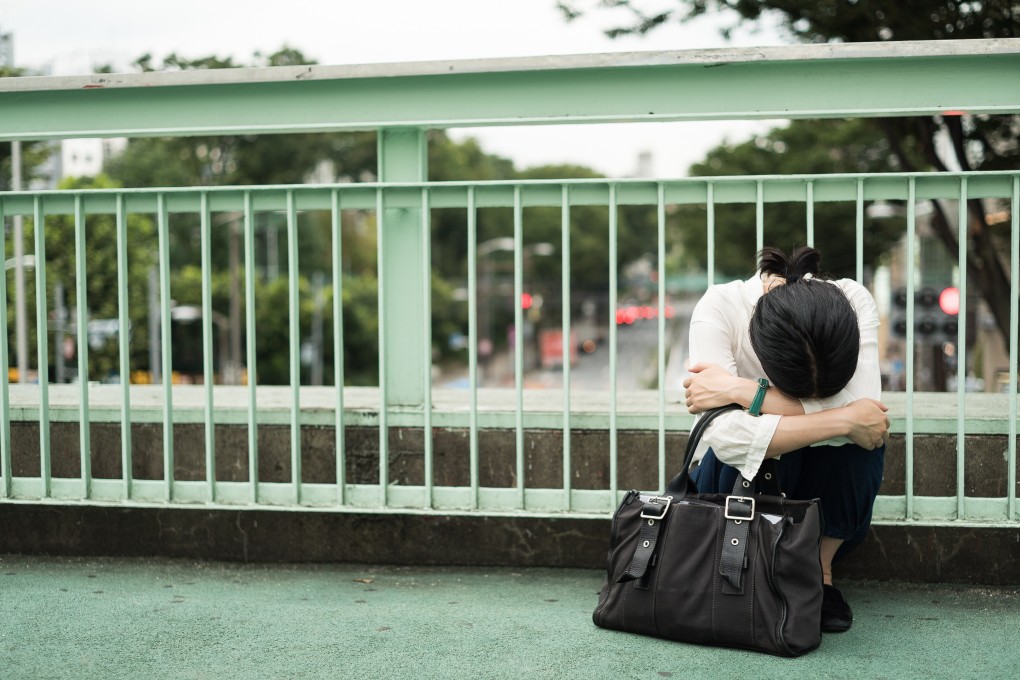Editorial | Mental health crisis has to be addressed
- Double trauma of Covid-19 pandemic and social unrest has left Hong Kong psychologically scarred and in desperate need of attention by the authorities

Hong Kong is not alone in facing an unprecedented mental health crisis following the havoc to normal life wreaked by the impact of the Covid-19 pandemic. What sets the city apart is that before the coronavirus displaced it as the main concern, social unrest including violent conflict, leading to Beijing’s imposition of a national security law, had already left it psychologically scarred.
This happens to be Mental Health Month, an occasion to focus on different aspects of the issue and one to take even more seriously this year. In the wake of 16 months of street protests followed by pandemic restrictions, a few figures are sobering.
Going by international benchmarks, a city with Hong Kong’s population of about 7.5 million needs about 700 psychiatrists, compared with about 400 in our public hospitals. Patients wait for up to 30 months to see a doctor for the first time at public specialist clinics. Demand for support from social workers and psychologists is growing proportionately.
And that is not to mention an ageing population, the most vulnerable group during the pandemic, also facing an increasing incidence of dementia.

02:19
Covid-19 is taking a ‘deep toll’ on Hong Kong's mental health, top government adviser Wong Yan-lung
Wong rightly points out that the social dynamics of the pandemic – “fear, uncertainty, lockdown, social distancing and, worse still, the economic downturn and bleak outlook” – are causing further damage to mental health. He says the crisis calls for a paradigm shift not just in terms of money but also government priorities, citing the examples of Britain and Australia for prioritising the issue in policymaking and resource allocation.
